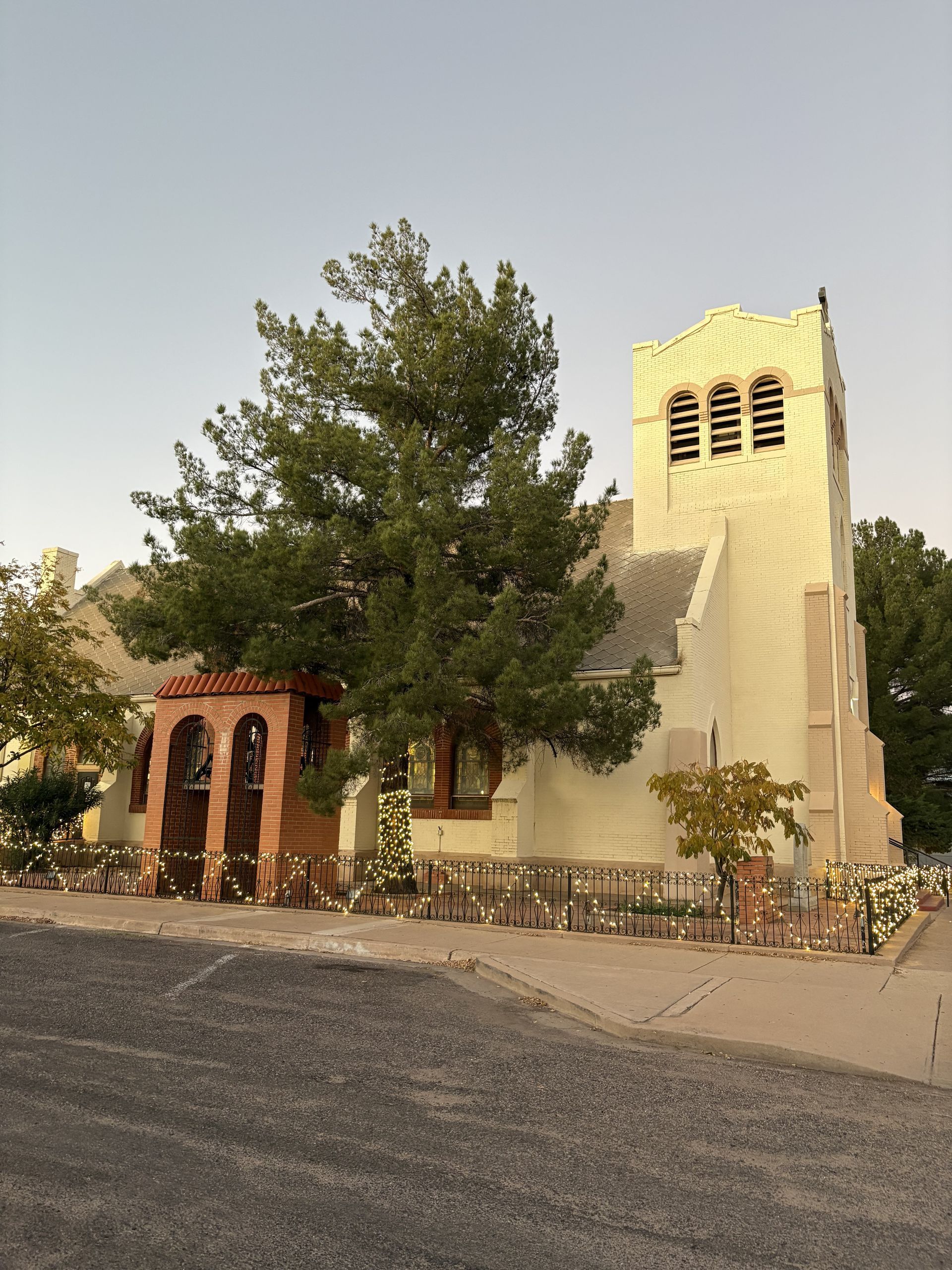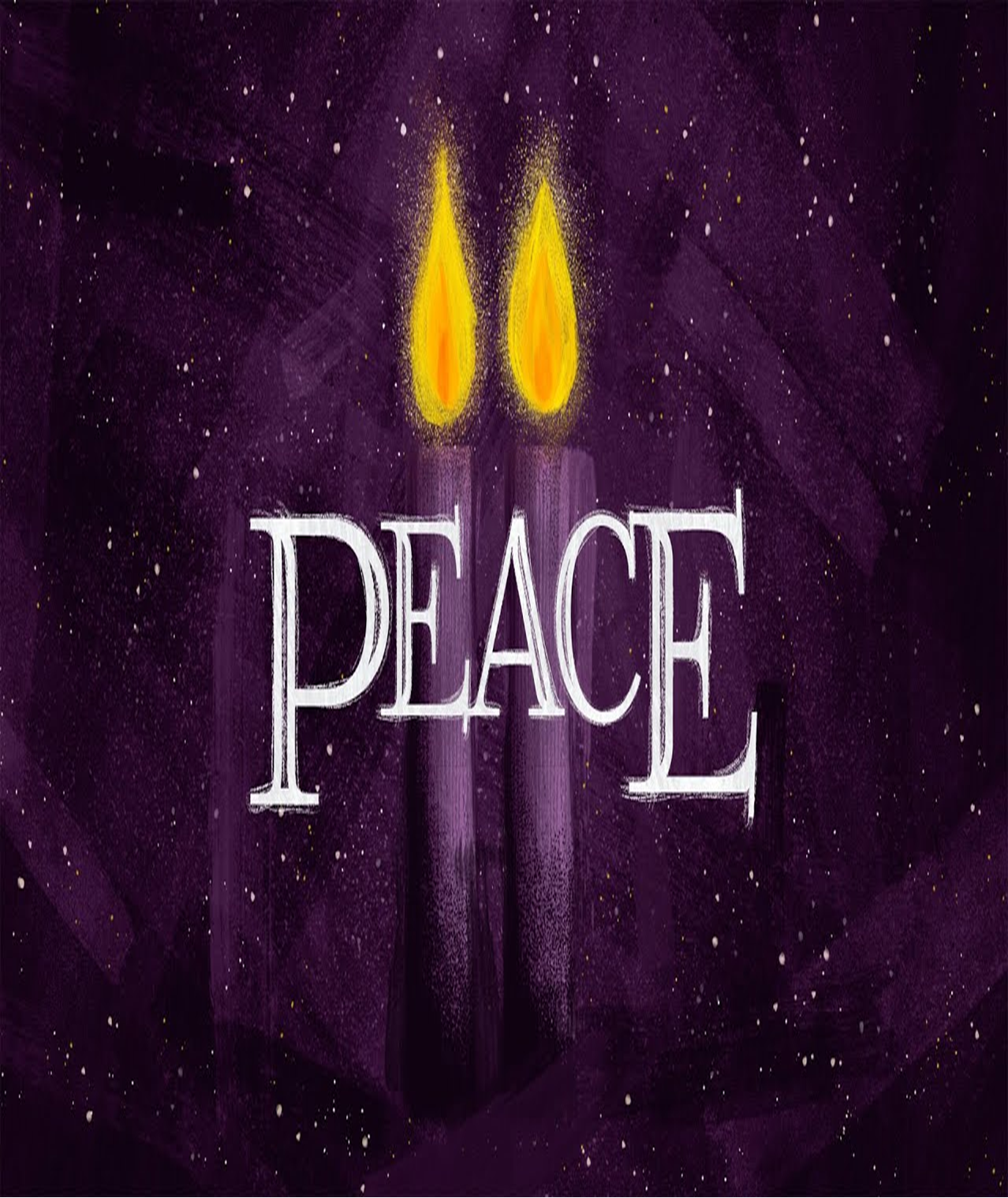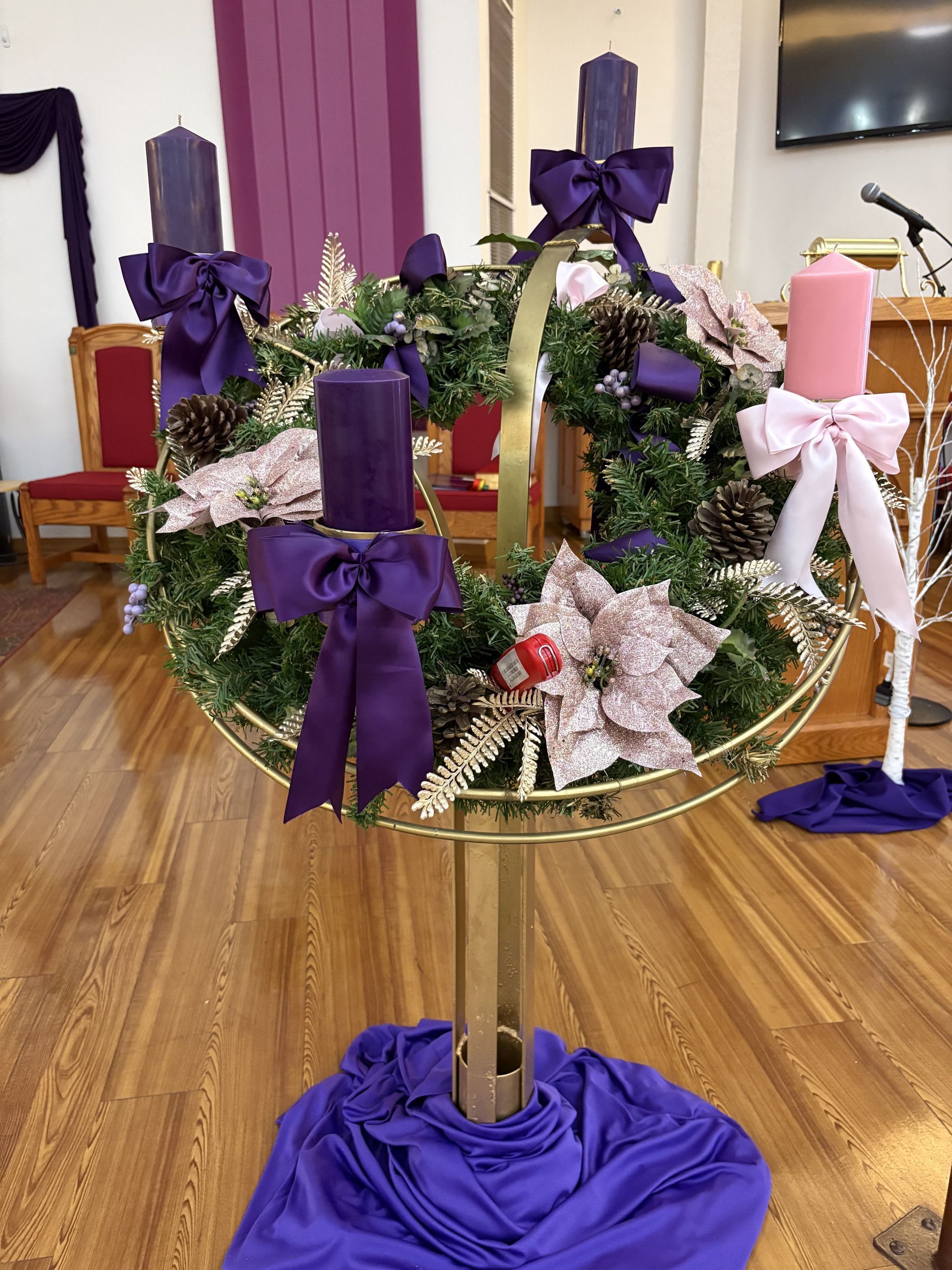The parable of the wicked tenants presents the story of a landlord who put a hedge (enclosing wall) around the vineyard to protect it from uninvited guests such as predatory animals and the likes, dug a wine press in it for crushing of grapes and making wines and built a tower to monitor activities as well as to provide safe shelter to future laborers. It’s very tempting to send a resume to this gracious landowner and apply for any opening regardless. I don’t mind picking up and plucking grapes and operating the wine press for as long I know I will have the best wine ever produced better than the wine country come harvest time. The way the vineyard was described, I can vouch wine will sell like hotcakes. Before heading out for a much-deserved time-off on a world tour, the household owner leased it to tenants in the hope that they would take good care of it. Tenants, or any renter for that matter, must understand the rules of engagement. Even though you don’t own it, you have to take care of it like it’s yours. Regrettably, as the allegory proceeds, the exact opposite happened. When the season for harvest (vintage time) drew near, the owner sent two groups of his servants to collect the produce but unfortunately, the tenants treated them harshly, one they beat, the second they killed and the third they stoned including his own son referring to the maltreatment of the religious leaders to Jesus and the prophets, the messengers of God. This was done with the assumption that the tenant farmers would eventually seize the land. And yet, the owner was still alive, came back to them and did the same way put them to a wretched death and rented the vineyard to others who would produce great fruit.
This controversial parable has a lot in common with Isaiah 5, a love song, a poetic rendition addressed to his friend/his beloved but shifted midway to my vineyard, I love so dearly. The vineyard is cleared of stones and gravel, with a well-cultivated soil and a state of the art irrigation. The vineyard is where lovers (God and his people) meet, play hide and seek, chase each other and enjoy each other’s company. The vineyard is the house of God. In this entire pericope, there’s so much attention on the vine and the produce which strikes a very important point in the scenario because really, the vineyard is all about producing the richest and most savory of grapes. After harvest, the vine renders it useless. You have to throw it away.
The vineyard is the church, the reign of God on earth entrusted to us, people of God. We are merely caretakers and stewards of the vineyard of the Lord. As tenants, we have a sacred task to discharge our duties well and take care of the goods of the local parish community in which we are honored and privileged to belong and serve. It was given to us to produce and bear fruit. This parish was passed on to us by the past generation. God has prepared everything for us for fruitful living. The vineyard has everything to ground ourselves in God and bear fruit, not wild grapes. The example of the parishioners who have risked and sacrificed their lives, fought for justice and peace, safeguarded the doctrines and the sacred traditions and practices and exemplified the virtues of love, kindness, generosity and walk humbly will forever serve an inspiration to this parish community. I grew up in this parish. It’s home to me. I received my sacraments here. For me, this is home away from home.
The stone that the builders rejected and became the cornerstone that is, Jesus Christ has taken care of us and his vineyard as we commune with the Lord and one another in the Eucharist. This altar symbolizing Jesus Christ is the cornerstone that will bring us down our pride and prejudice, sense of guilt only to build us up to be the little bricks, bits and pieces in order to become a strong foundation of the parish. This doesn’t happen by chance, or by coincidence but by taking care of our little vineyard that was given to us.
The first Sunday of October has been designated as Respect Life Sunday. It’s usually the time to launch the respect life program from womb (innocent unborn) to tomb, (last breath, dignified suffering and death) the social catholic teaching which begins with the life and inalienable dignity of the human person created in the image and likeness of God. An example of this is the Universal Declaration of Human Rights. The human being is a social being. This year’s theme ‘Live the Gospel of Life’ has been inspired by the 25 th anniversary of Saint John Paul II encyclical letter ‘Evangelium Vitae’ The Gospel of Life, released on March 25, 1995. Amen.



